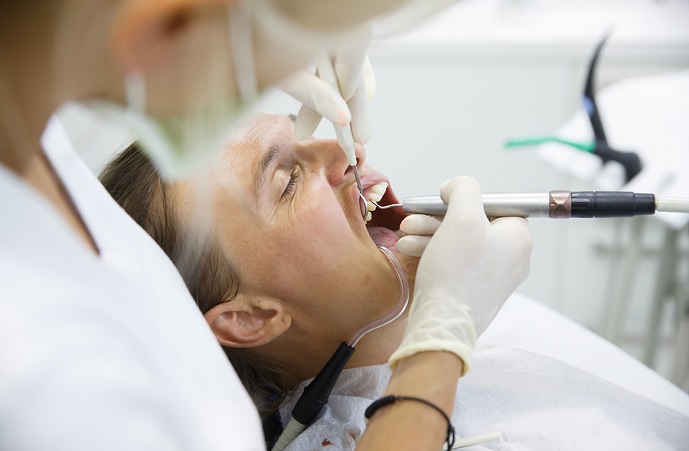Bruxism is a common dental condition characterized by the involuntary grinding or clenching of the teeth. This condition can occur during the day or at night, and can be caused by a combination of factors, including stress, anxiety, and misaligned teeth.
Bruxism can have a significant impact on oral health, leading to a range of problems, including:
Tooth wear and tear: Grinding and clenching can cause the teeth to become worn down, leading to chips, cracks, and fractures.
Jaw pain and tension: The constant strain on the jaw can lead to pain and tension, which can radiate to the face and head.
Temporomandibular joint (TMJ) disorders: Bruxism can cause strain on the TMJ, leading to pain and limited mobility in the jaw.
Dental work damage: Grinding and clenching can damage dental work, such as fillings, crowns, and implants.
Preventing bruxism requires a combination of good oral habits and stress management techniques. This can include:
Practicing relaxation techniques, such as meditation and deep breathing
Avoiding stimulants, such as caffeine and nicotine
Getting regular exercise and maintaining a healthy diet
Using a mouthguard or night guard to protect the teeth during sleep
Detecting bruxism can be challenging, as many people are unaware that they grind or clench their teeth. However, Epping dentist professionals can look for signs of bruxism during regular check-ups, including worn-down teeth, jaw pain, and facial tension.
If you suspect that you have bruxism, it is very important to visit your Epping dentist as soon as possible. Your dentist Epping clinic can assess the condition and recommend a treatment plan, which may include a mouthguard or night guard, relaxation techniques, or dental work to repair damaged teeth. By addressing bruxism early, you can prevent further damage and protect your oral health for many years. Regular dental check-ups can help detect bruxism and other oral health issues, ensuring a healthy smile and overall well-being.

